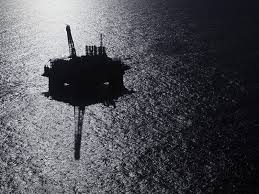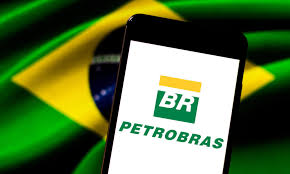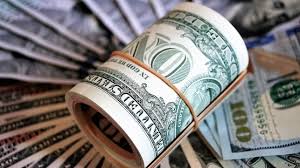Trafigura’s Bribery Scheme: Clandestine Meetings, 3rd Parties and Shell Companies (Part II of III)

Trafigura’s bribery scheme resembles the same schemes implemented by its significant competitors — Vitol, Glencore, Gunvor. At the core of the conduct, Petrobras and Brazilian government officials collected bribes in exchange for valuable contracts for Petrobras oil. The factual statement reflects DOJ’s extensive knowledge base in the international commodity trading industry — DOJ had access to several significant cooperating witnesses, including Petrobras officials and trader based on Houston, Texas.
According to the statement of facts, between 2003 and 2014, Trafigura and its co-conspirators paid bribes to Petrobras officials to obtain and retain business with Petrobras.
Initial Bribery Payments
Beginning in 2003, a Trafigura executive met a Petrobras trader based in Houston, Texas, and agreed to a bribery arrangement — the Trafigura executive agreed to pay bribes from commission payments for oil contracts from the Caribbean market. The Trafigura executive paid bribes in the amount of 5 to 10 cents per barrel to the Petrobras trader for purchases from or sales to Petrobras. This arrangement continued until roughly 2008.
During this same time period, the Trafigura executive agreed with a Brazilian official from Petrobras to pay bribes in exchange for agreed-upon price levels for various oil transactions. The Brazilian official advised Petrobras officials of the agreed upon price and Petrobras and the Trafigura executive engaged in “sham” negotiations to arrive at the pre-set price for the oil products at issue in the transaction.
A “New” Bribery Scheme

In 2009, the Houston-based Petrobras trader joined Trafigura as an agent in Brazil. A new Brazilian government official replaced the earlier Petrobras official. This new Petrobras official informed the Trafigura executive that Trafigura would have to pay a bribe for every transaction between Petrobras and Trafigura. As a result, Trafigura agreed to pay between 2 and 20 cents per barrel for each oil product transaction between the two companies. The former Petrobras trader facilitated the bribery payments by funneling Trafigura funds through his offshore bank account to convert the funds into cash and then delivering the cash to Petrobras officials.
Additional Bribe Recipients
In or around 2011, two new officials assumed responsibility for oil trading transactions and positions of influence in Petrobras. The Trafigura executive and the former Petrobras trader agreed to continue paying bribes to the Petrobras officials.
In October 2011, the former Petrobras trader, the new Petrobras officials and Rodrigo Berkowitz, a Petrobras trader met and agreed to continue the bribery scheme including a per barrel bribe for each transaction. An internal email among Trafigura executives confirmed the illegal agreement in coded language. The Trafigura executives resumed a relationship with an original co-conspirator who had been promoted to a position in Singapore. The executive facilitated continuation of the scheme by engaging a third-party intermediary as a consultant and funneling bribery payments through the consultant.
Relying on this Singapore-based financial transactions, the co-conspirators continued to funnel bribery payments from Trafigura to Petrobras officials. The transactions and bribery payments were tracked through a spreadsheet and email communications by the parties using coded language and numbers.

The specific bribery payments were facilitated through offshore bank accounts and then transferred through U.S. banks. The cash was withdrawn at locations outside Brazil and then ultimately transported into Brazil and delivered by another co-conspirator to Petrobras officials.
All of the payments were arranged through the Singapore intermediary and based on invoices for so-called “consulting services.” These were sham services and only intended to transmit required commission/bribery payments.
Between 2003 and 2014, Trafigura entities earned approximately $51 million in profits from Trafigura’s corrupt business with Petrobras. As a result, Trafigura obtained approximately $46 million in criminally-derived proceeds.















